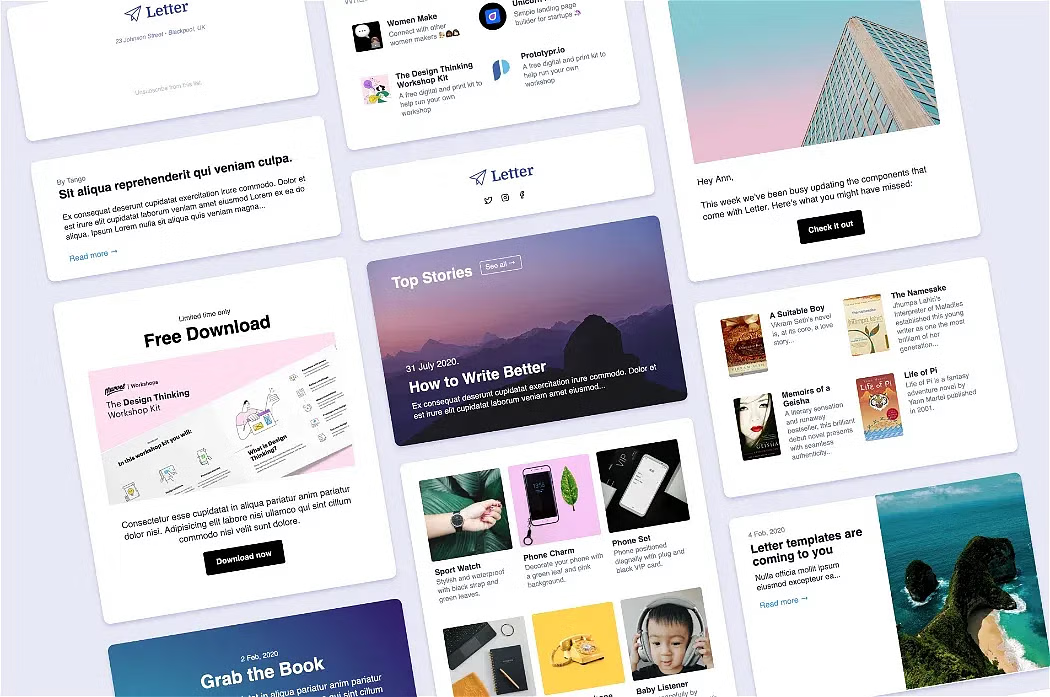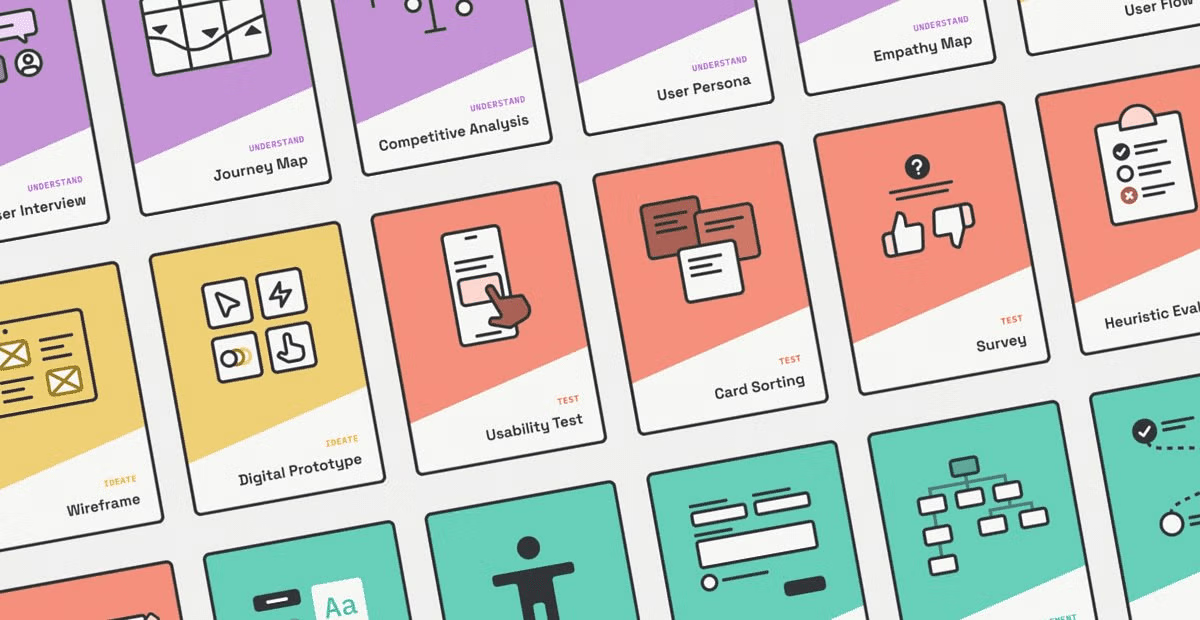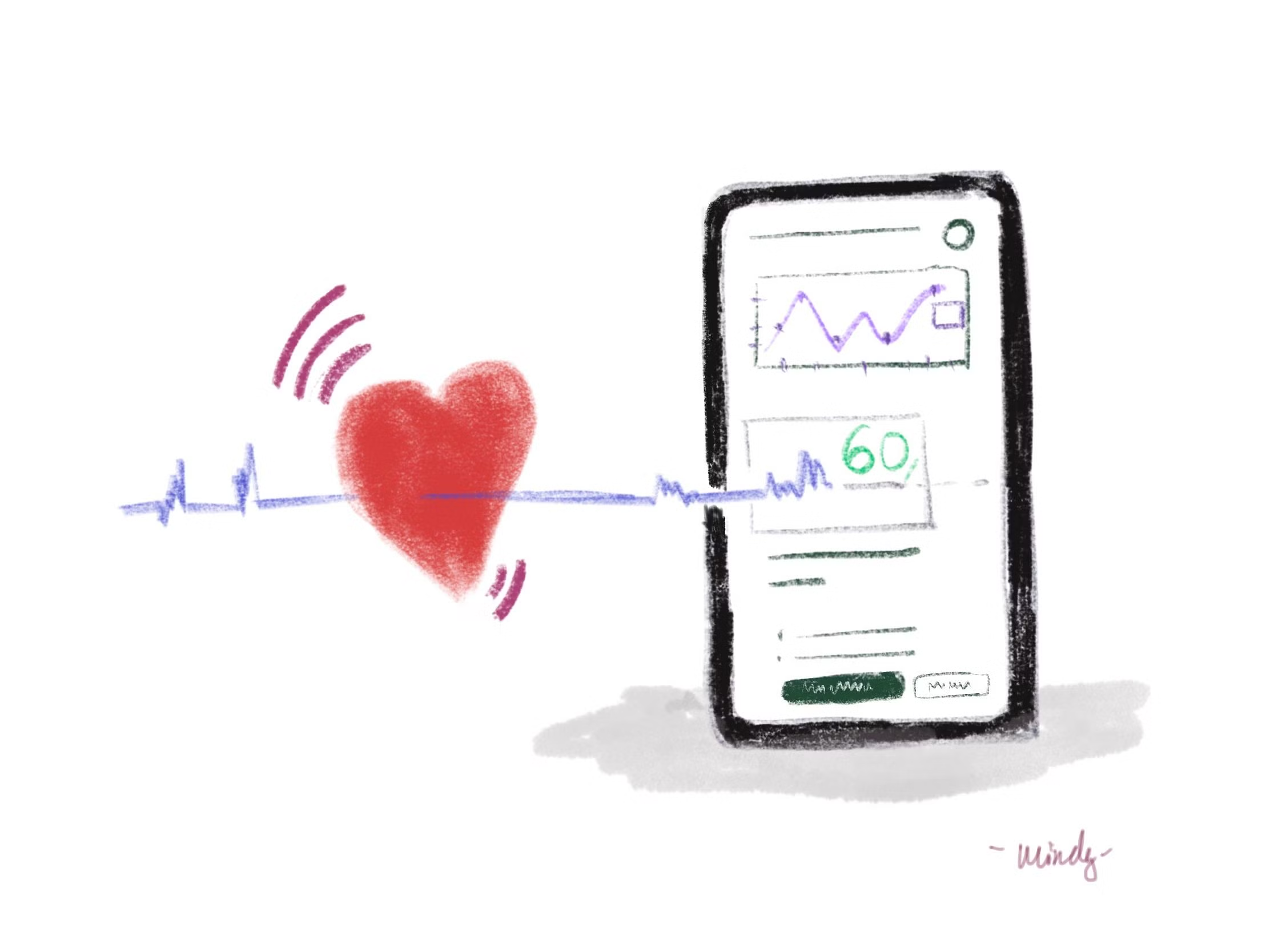When things went digital, so did reading. Kindles and Kobos could be spotted replacing newspapers on train commutes, and iPads made digital paper feel glossier than a magazine.
Instead of print, we began reading and subscribing to publications through Apple Books, or bought one-off issues of The Telegraph through the Kindle Store - maybe that's what normalised buying digital newspapers.
It's not just the Kindle Store acting as a premium news stand, but also Search Engines like Google
These mediums were a natural progression from paper, and more importantly, their marketplace counterparts became an extra magazine stand and newsagent. Apple, Amazon, Kobo, and a handful of other digital book stores became a new set of new shelves, and a primary distributor for digital content - that is until paywalls on the web.
The evolving news stand
Like that transition from print to eBook, it made sense for newspapers to follow where most eyes were – why not charge for premium content on their own websites?
Just as digital bookstores supplemented physical newsagents, websites also became part of a publisher’s storefront. However, this time it wasn’t the Kindle Store or marketplace that was the distributor, it was Search Engines like Google.

Search engines made content created by anyone accessible to everyone

Letter
Search engines over the years
Even before Google, search engines were a key facilitator in helping us access the interconnected society of the Web. Years prior, the likes of Lycos, Ask Jeeves, and Yahoo!, were a main entry point. Through indexing site maps and crawling websites, search engines made content created by anyone accessible to everyone.
The web should be a platform that helps people and provides a net positive social benefit… The web should empower an equitable, informed and interconnected society. It has been, and should continue to be designed to enable communication and knowledge-sharing for everyone. - W3C
If you wanted to be discovered, your site needed to be indexed by a search engine, which would show the most useful links in response to user queries. But how useful is a paywalled article if you can’t read it?
Meet the soft paywall
There’s a number of different paywall types out there, including:
Hard paywall - pay for access, or you can’t read anything
Freemium paywall - some free content, with a gated section for premium, high quality content.
Soft paywall - show the first 3 articles for free, and then pay to read more
Each have their different benefits, but a search for ‘soft paywall seo’ will show you that a main concern from some going that route is distribution - how to get ranked by Google whilst still gating content.
How useful is a paywalled article if you can’t read it?
To jump back to physical magazines, you could compare it to finding a free perfume sample inside one. It’s a nice to pick one up for free, but you pay for the full version. And that is the primary intention of a soft paywall for some websites - to use a search engine to distribute tasters.

Search engines supporting gated content
Gated content helps news publications stay afloat, so every website producing quality content should consider them as an alternative to advertising. Contrary to a user’s frustration of being hit by consecutive paywalls, search engines rank soft-paywalled content seemingly similar to openly free content. Google provides guidelines on how to make your paywalled content available to be crawled for indexing.
Every website producing quality content should consider paywalls as an alternative to advertising.
Usually, that’s because paywalled articles come from reputable news sources, and are of high quality. Whilst it can be frustrating for a searcher, it’s is great for supporting professional journalism, making it less dependent on ads.
User experience of surfing the Web
The rise of the soft paywall has however altered the experience of browsing the web. It’s not what it was. Where you’d click from one link to the next, diving deeper down the rabbit hole of interconnected articles on an open web, you’re now interrupted.
Google advises soft-paywall websites to make at least 10 articles per month free to read. The New York Times did this, but the other sites show far fewer (e.g. Medium.com only show 3), jarringly halting the once uninterrupted journey of discovery on the web.
We’ve all gotten used to a search model that’s arguably unfair. A model where paywalls and affiliate links have insidiously become part of the search experience. – Yep.com
You might think search engines have forgotten how we browse the web; that the only time we discover a link is through a search box. 3 free articles doesn’t equate to 3 free search results for a user - the next time we come to a result for the same site, we’re likely to hit a paywall.
How can quality content rise to the top?
The question is, should search engines equally support a poorly researched blog post published on a gated platform, as it would high quality professional reporting?
There's clearly room for improvement in ranking paywalled articles. Low quality gated blog posts still rank highly in search results because of their clickbait headlines, combined with the success of actual good quality content from reputable authors on the same platform.
Whilst search engines improve, I'll continue appending 'reddit' to all my queries, or using Yep by Ahrefs 👀?
If you enjoy this, subscribe to the newsletter here as I'll be contributing more on Prototypr. You can also find me on twitter @robdiazzz.












